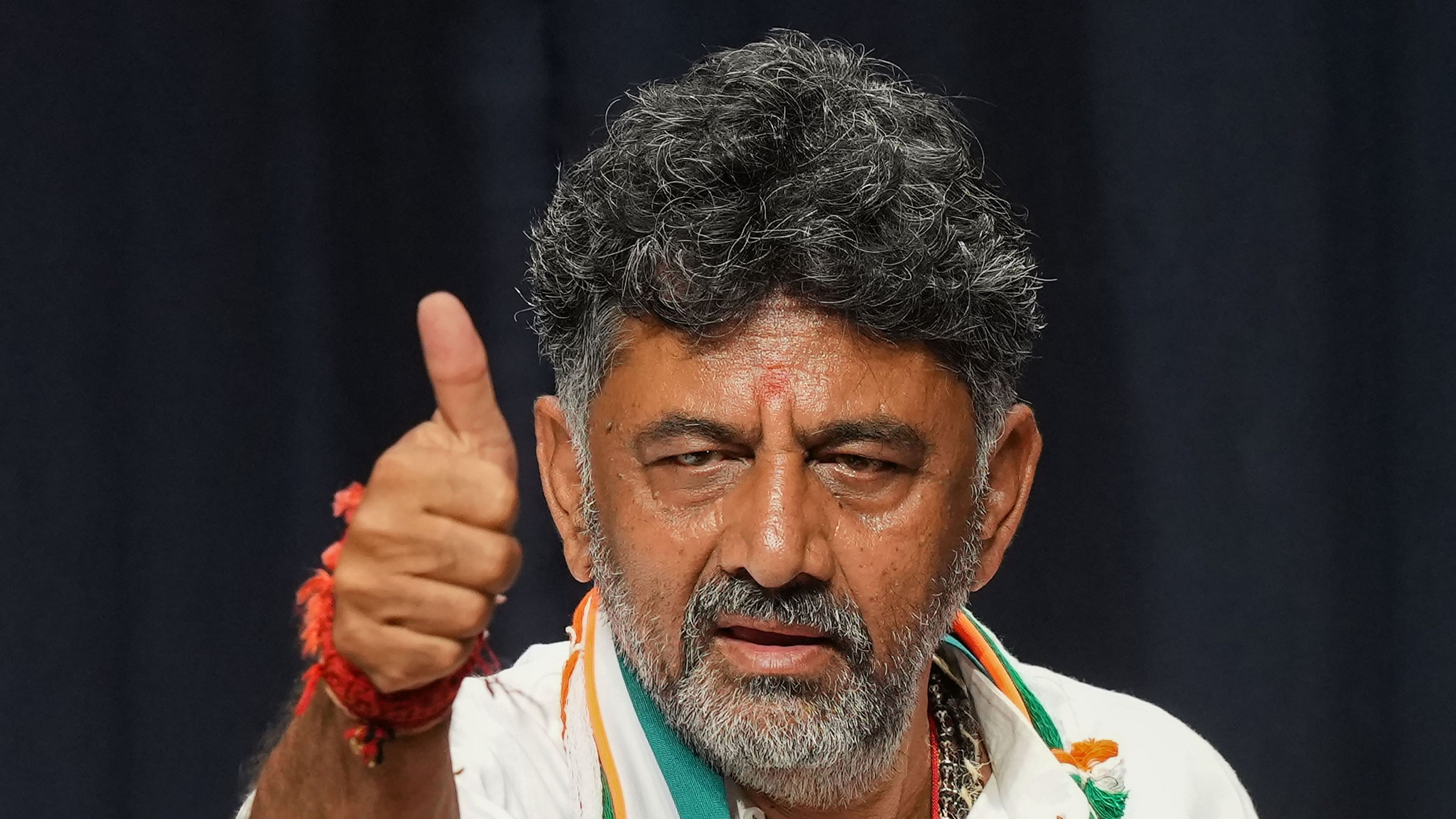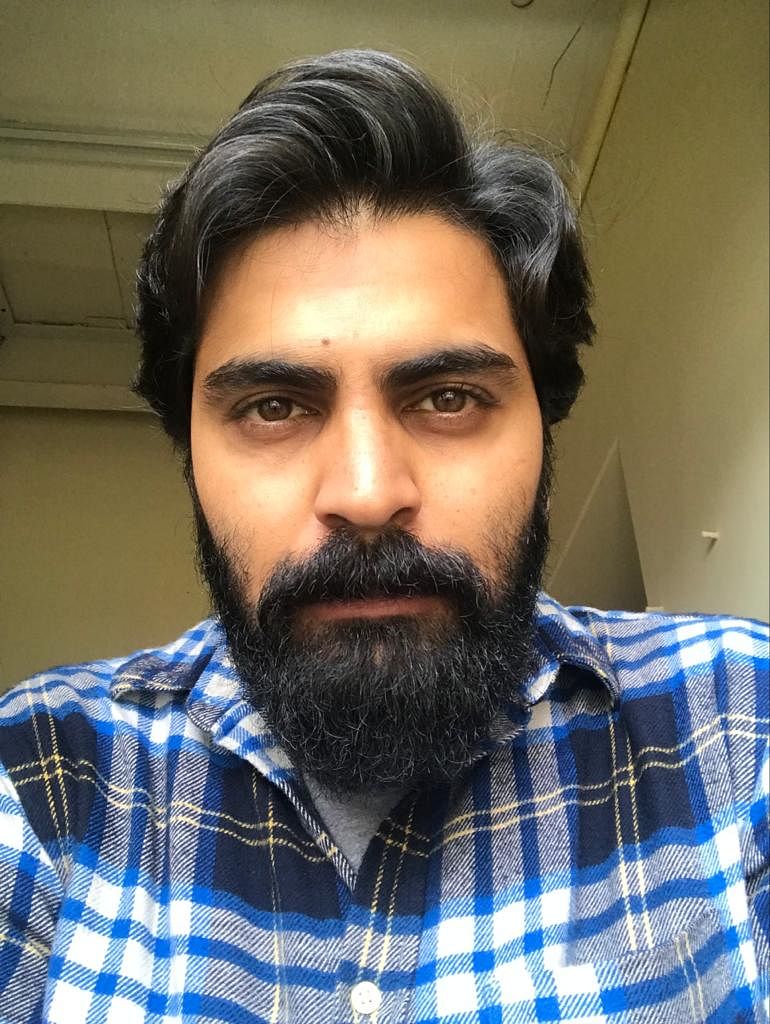
Karnataka Deputy Chief Minister D K Shivakumar.
Credit: PTI File Photo
Bengaluru: The Karnataka Cabinet decided Thursday to withdraw the consent that was given to the CBI by the previous BJP government to investigate a disproportionate assets (DA) case against Deputy Chief Minister D K Shivakumar.
The Cabinet decision, which could potentially provide relief to Shivakumar, came even as the matter is sub-judice and the CBI has completed 90 per cent of its investigation.
Shivakumar, who is among India's richest lawmakers with declared assets of Rs 1,413 crore, did not attend the Cabinet meeting plausibly to avoid a conflict of interest.
“The Cabinet has held that the decision was not in accordance with the law,” Law & Parliamentary Affairs Minister H K Patil said, briefing reporters. “The previous government had decided to hand over to the CBI a case against Shivakumar. This was based on the then chief minister’s oral orders. The Speaker’s permission wasn’t taken as was required under law,” he said.
According to Patil, the Cabinet decided to declare as “illegal” the sanction given by the BJP government based on opinions of the then Advocate-General Prabhuling Navadgi and the incumbent K Shashi Kiran Shetty.
“An administrative order based on the Cabinet decision will be issued in a couple of days,” Patil said.
The previous BJP government headed by B S Yediyurappa had granted permission to the CBI to investigate Shivakumar’s assets on September 25, 2019. Shivakumar has since maintained that it was a politically-motivated decision.
The CBI has claimed that Shivakumar amassed Rs 74.93 crore of wealth disproportionate to known sources of his income from April 1, 2013 to April 30, 2018, when he was the energy minister in the first Siddaramaiah-led Congress government.
The CBI filed an FIR against Shivakumar in October 2020 on charges of corruption, based on the findings of the Income Tax department’s searches carried out in August 2017 at around 70 premises linked to him.
Patil defended the Cabinet decision when pointed out that it could amount to nepotism. “The legal position is given attention to. We’ve gone by rules, regulations and opinions of the old and new advocate-generals,” he said. “What was done illegally...the Cabinet has decided on it.”
When asked about a Supreme Court directive that state governments cannot withdraw cases against sitting lawmakers without the approval of the concerned High Courts, Patil said: “This needs to be elaborated. But this isn’t the time. I can elaborate on this sometime later.”
